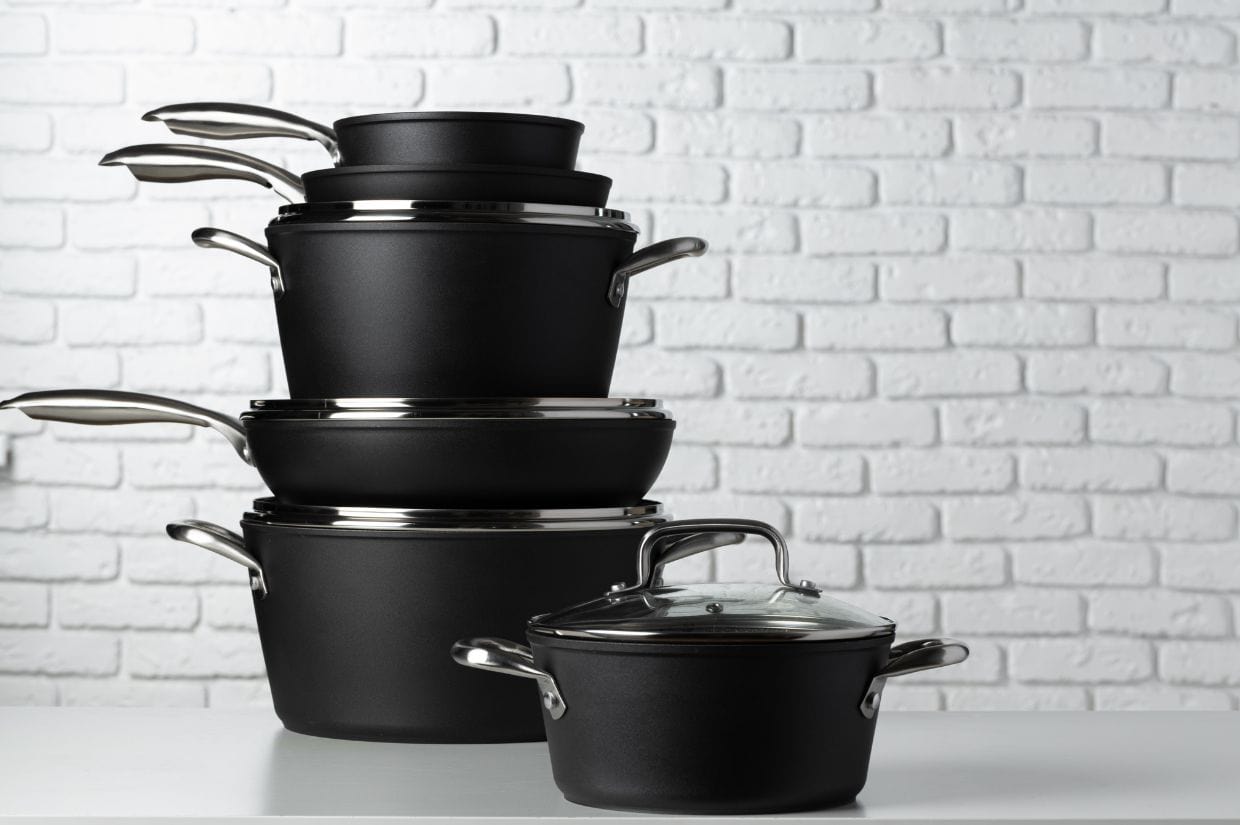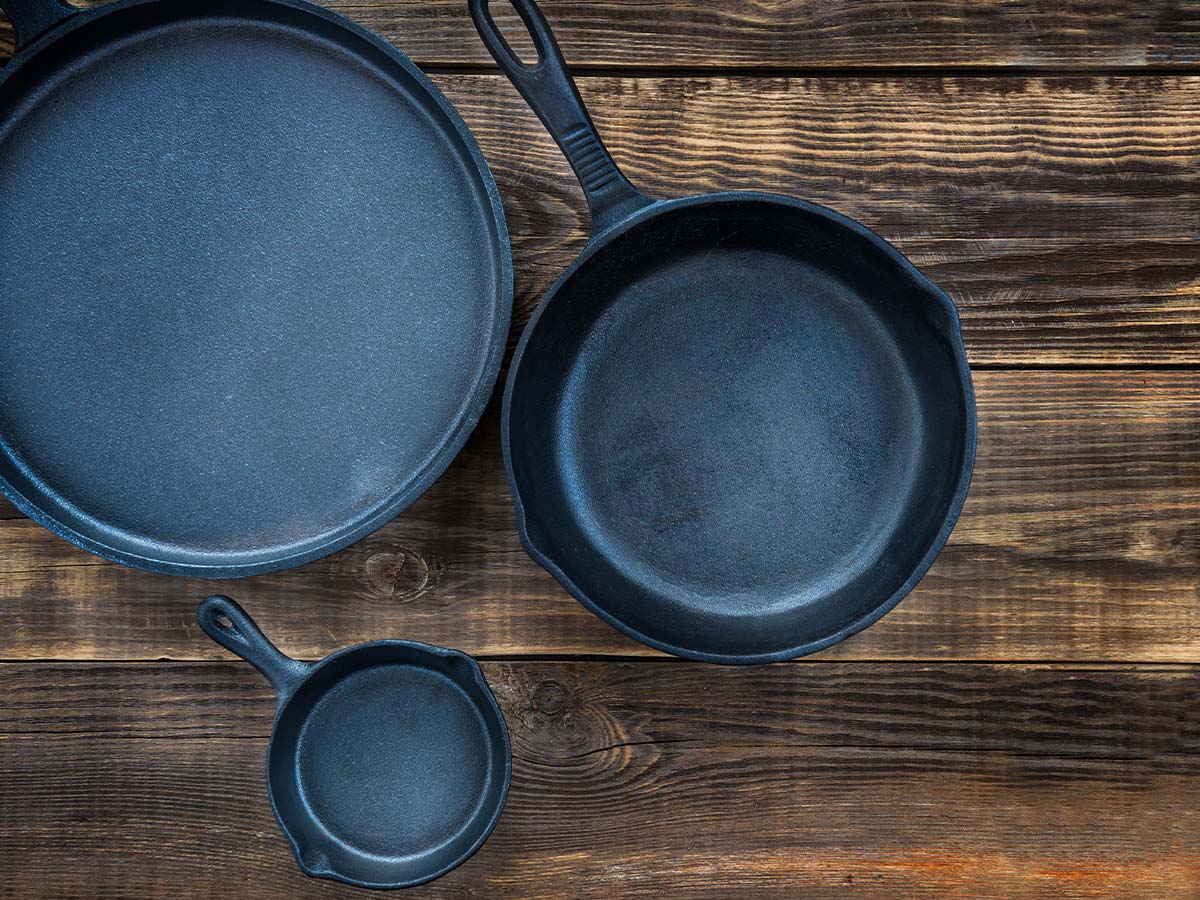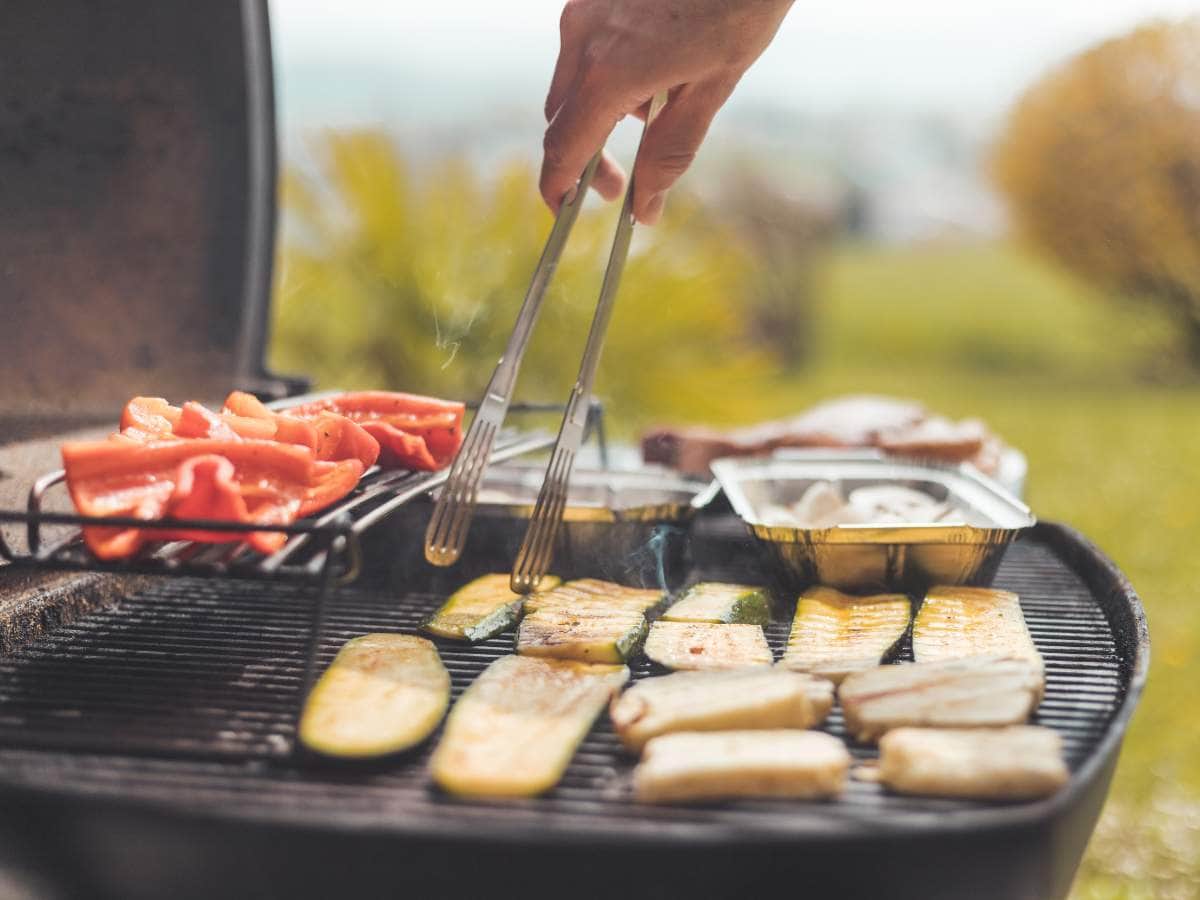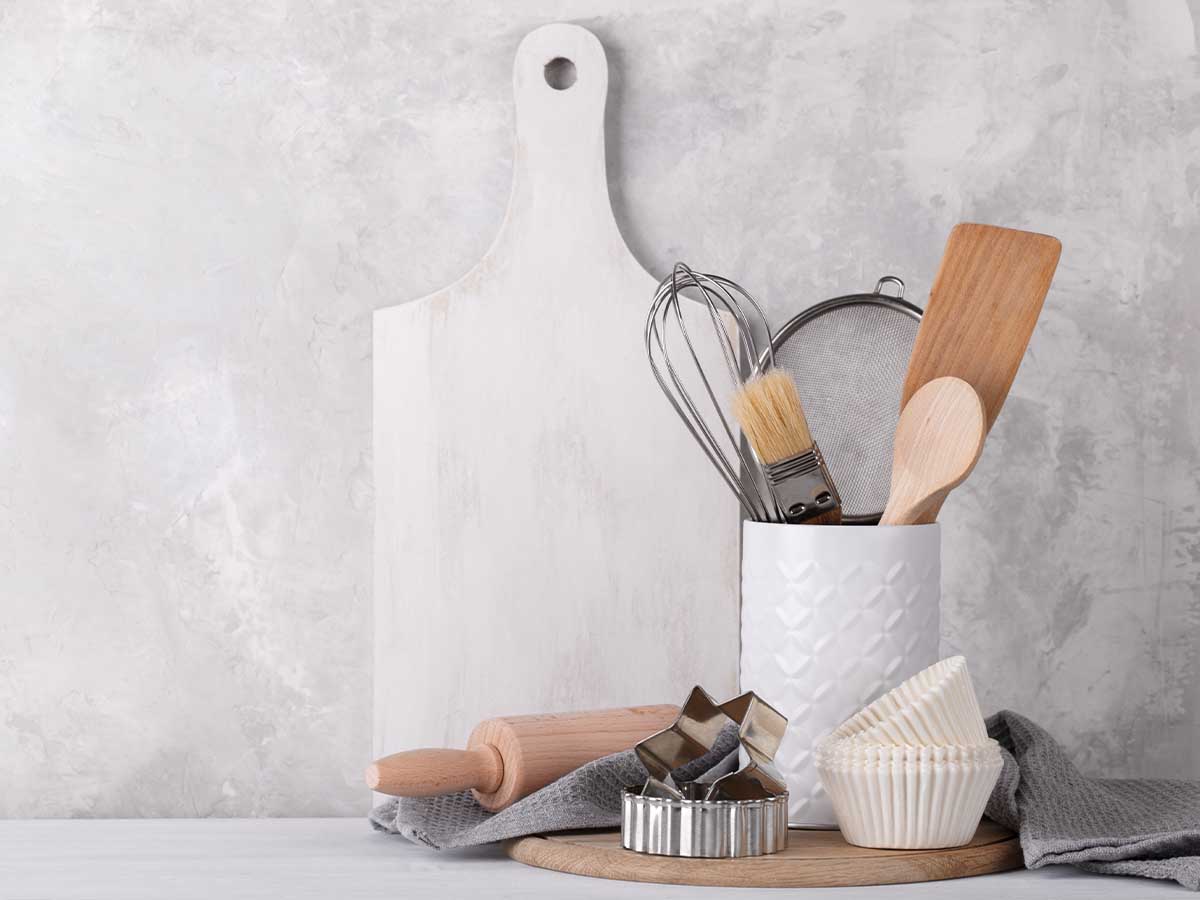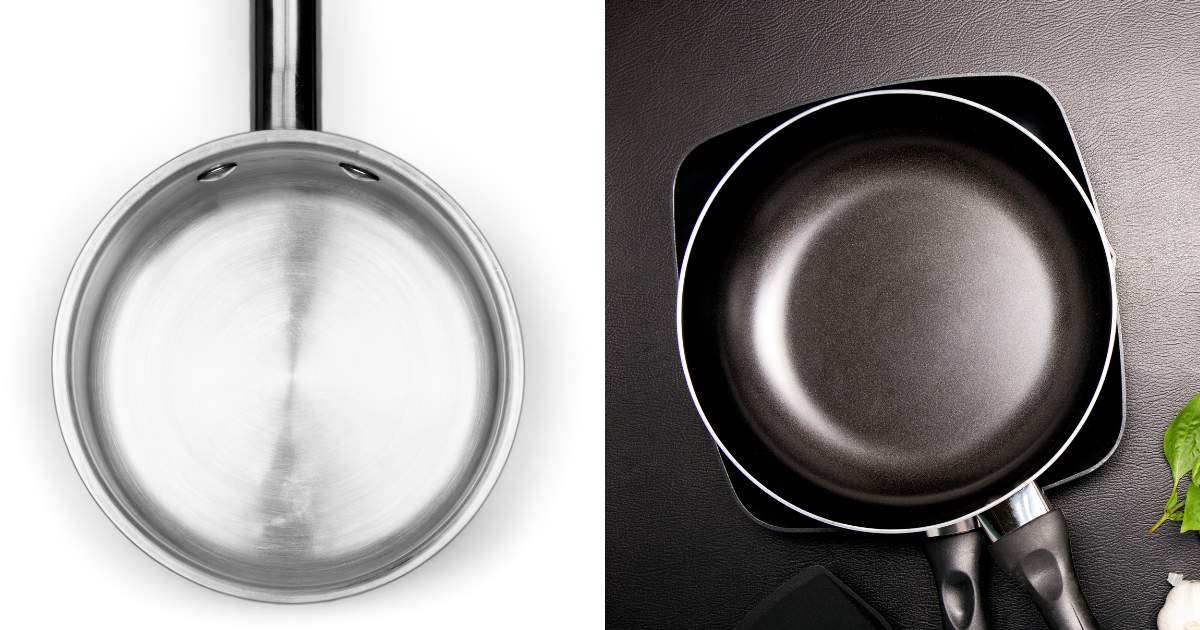Egg-Citing Alternatives: 11 Delicious Egg Substitute Options
Primal Edge Health participates in the Amazon Services LLC Associates Program and other affiliate programs and therefore, may collect a share of sales or other compensation from the links on this page. This comes at no additional cost to you, and all the prices and availability are accurate at the time of publishing.
Eggs are so common, but many people have dietary restrictions or allergic to eggs. Some people may realize they need an egg but don’t have any. More recently, the price of eggs has been an issue as well. If you have ever needed an egg substitute, read on for some simple alternatives.
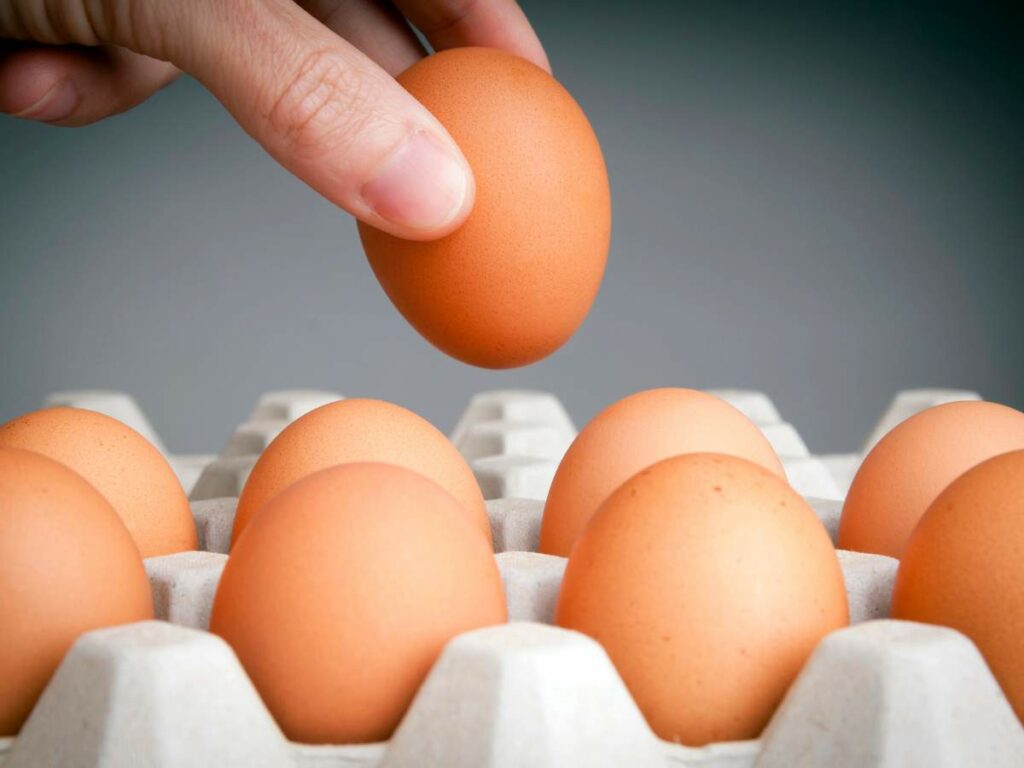
Now, you won’t have to make a trip to the store when you realize your brownies or cookies need eggs, and you don’t have any. And cooking for people with an egg sensitivity or those who don’t eat eggs will be no problem either. You can just whip up one of these substitutes instead.
There are going to be a lot of egg substitutes on this list, and not all of them will work great for every dish, diet or preference. So, experiment with whatever will suit your taste, preference and recipe the best!
Jump To:
Why eggs (or egg substitutes) are necessary for baking
Almost every recipe calls for an egg or, in this case, an egg substitute. Here are a few reasons you need them:
- Eggs become firm when heated so they give structure to cakes, cookies and other baked goods.
- As above, they’re useful for thickening sauces, casseroles and pie fillings.
- Eggs act as a leavening agent — they help baked goods rise.
- Eggs are a binding agent — they help hold food like French toast together.
- Eggs also add flavor.
Common egg substitutes
When choosing an egg substitute, it is important to know the purpose of the eggs in the recipe you are making. That will help determine which substitute will work best.
Unsweetened applesauce
Applesauce works best in recipes that are moist and dense like quick breads and brownies. One-quarter cup replaces one large egg. Since applesauce has a lot of moisture, you may want to decrease the liquid in your recipe by a tablespoon or two. Applesauce won’t add lift so you may want to add ½ teaspoon of baking powder.
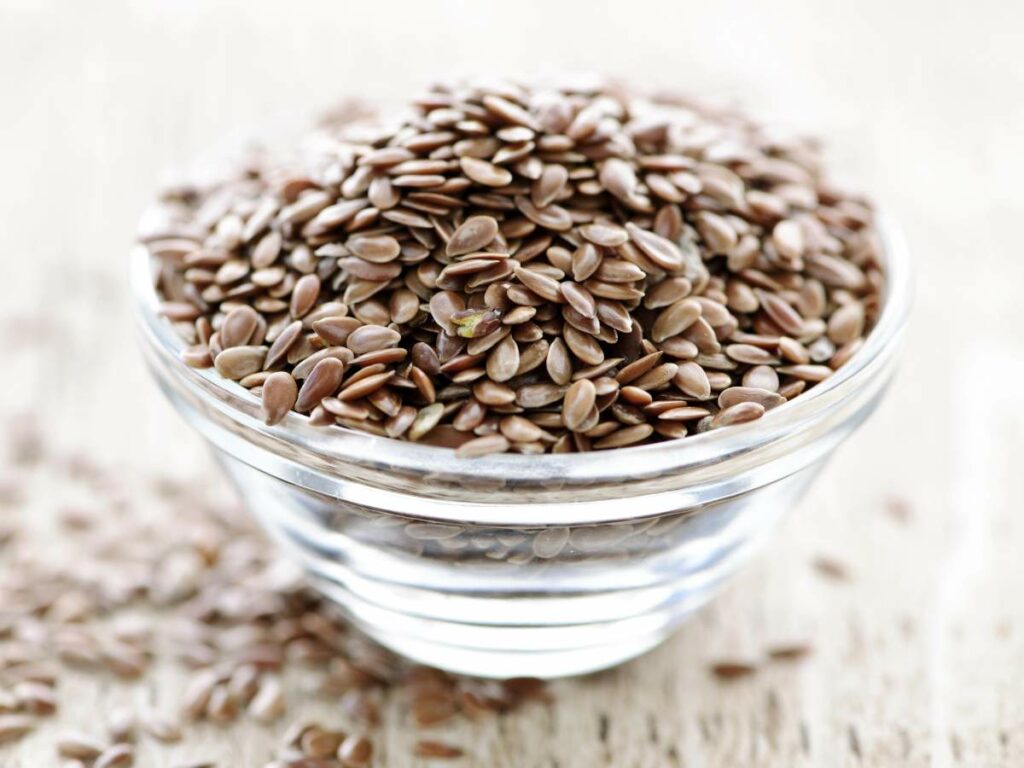
Flax seed
Flax seed works best in recipes that are moist and dense like muffins and pancakes. One tablespoon of freshly ground flax seed plus three tablespoons of warm water replaces one large egg.
Soak ground flax seed in water for about five to ten minutes until it forms a thick gel. Flax seeds will add a little texture and they brown quicker so watch your baked goods closely. Golden flax seeds will blend in more easily with the color of whatever you are making. Flax seeds have a strong flavor so they may have an aftertaste in recipes with lighter flavors.
I like making an egg substitute with ground flax meal and water. It’s quick, easy, and helps hold baked goods together well. This is a great solution for those with egg allergies or anytime you run out of eggs.
Yogurt
Yogurt is liquid so it binds and it is high in protein so it sets. It is best in quick breads and pancakes. One-quarter cup replaces one large egg.
Using plain, unsweetened yogurt works best to avoid altering the flavor of your dish. Greek yogurt can also be used for a thicker, creamier consistency, which adds more moisture and richness. Yogurt is a great option for keeping your baked goods soft and tender, and it works particularly well in recipes where a light, fluffy texture isn’t essential.
Baking powder, oil and water
Baking powder, oil and water work best in cookies. Two teaspoons of baking powder plus one teaspoon of vegetable oil plus two tablespoons of water replace one large egg.
This combination helps to provide the leavening and binding properties that eggs typically offer, giving your cookies the right texture and structure without eggs. It works well in recipes where a light, crispy texture is desired, and it keeps the cookies from becoming too dense.
This simple substitute is ideal when you want to maintain the original flavor of your cookies without adding any extra moisture or strong flavors. I love using it when I want my chocolate chip cookies to stay crispy.
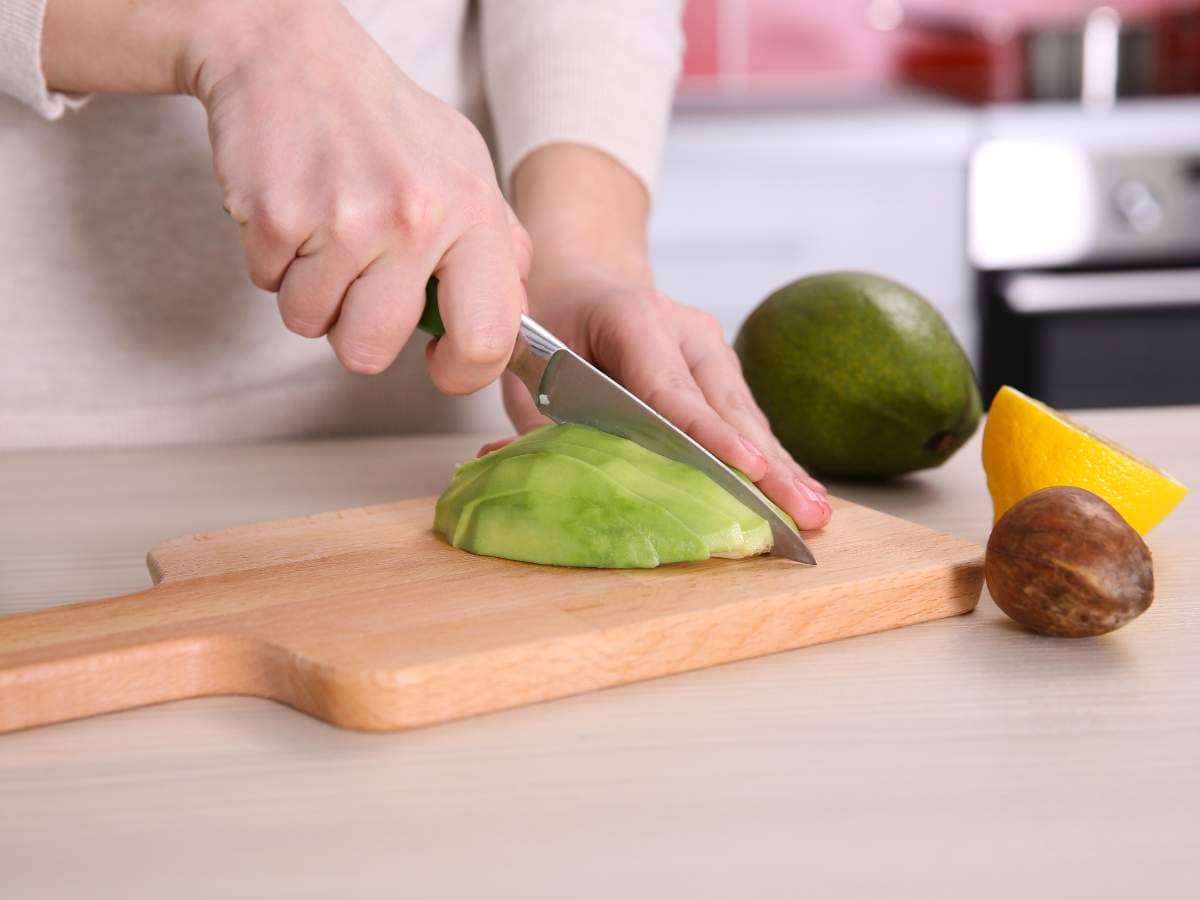
Avocados
Avocados work best in moist and dense recipes like muffins and waffles. One-quarter cup avocado replaces one large egg. Avocado won’t add lift so you may want to add ½ teaspoon of baking powder.
The creamy texture of avocado makes it a great binding agent, while its healthy fats help keep your baked goods soft and rich. Keep in mind that avocados have a mild but distinct flavor, which can subtly affect the taste of your final product.
It’s best used in recipes where a slight earthy or buttery taste will complement the other ingredients. For a smoother texture, make sure to mash the avocado thoroughly until there are no lumps.
Avocados are notorious for spoiling fast once they’re ripe. So, if you want to preserve them, I suggest learning how to freeze avocados properly.
Chia seeds
Chia seeds work best in muffins, quick breads and cookies. One tablespoon of chia seeds plus three tablespoons of water replaces one large egg. Stir together and let sit for 15 minutes before using. If you don’t want the chia seeds to be visible in the final product, use white chia seeds.
“Due to an egg sensitivity, I often use either flax eggs or chia eggs when baking. I’ve found both to be good substitutes with little effect on the outcome when a recipe calls for two or less eggs. Anything more than that and texture is usually sacrificed in the process.”
— Gina Matsoukas, Running to the Kitchen
Tofu, plain silken
Tofu works best in dense recipes like cakes and muffins, but can also work in some cookies. It can even be used as an egg replacement in quiches and custards. Puree in a blender until smooth. Then blend with other wet ingredients before adding to dry ingredients.
Silken tofu is great for adding moisture and binding ingredients together, which helps achieve a soft and rich texture. Since it has a very mild flavor, it won’t alter the taste of your final product, which makes it a versatile option for both sweet and savory recipes.
Aquafaba
Aquafaba is the liquid that is leftover in a can of chickpeas. It works best in quick breads, cakes and cookies. It can also be used as an egg white substitute for meringues. Aquafaba is the liquid you drain off from canned chickpeas. Three tablespoons of whipped Aquafaba replaces one large egg.
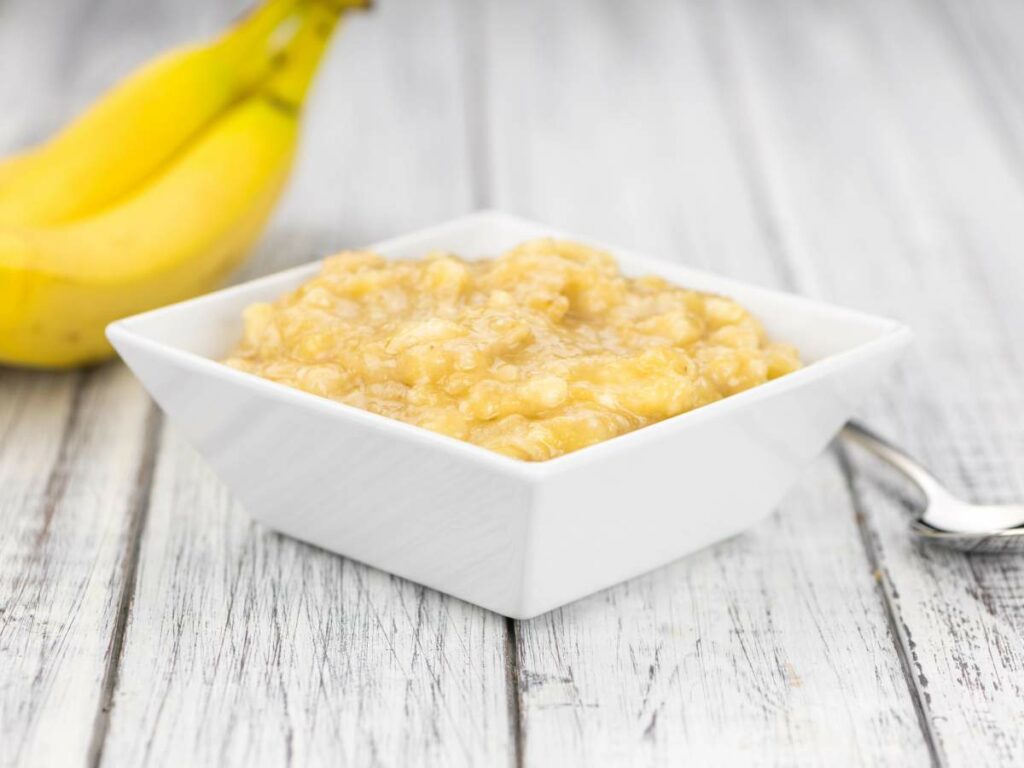
Bananas
Bananas work best in pancakes and brownies. One-quarter to ½ cup mashed bananas replace one large egg. They have a strong flavor so that may affect the flavor of your final product. Bananas won’t add lift so you can add ½ teaspoon of baking powder.
Buttermilk
You can use buttermilk in muffins, cakes and cupcakes. One-quarter cup of buttermilk replaces one egg. Because it adds liquid, reduce the water or other liquid in the recipe by ¼ cup.
Buttermilk adds a tangy flavor and a tender, moist texture to baked goods so it’s perfect for recipes that benefit from a slight acidity. This acidity can also help activate baking soda, giving your baked goods a better rise and lighter crumb. Just make sure to adjust the other liquids accordingly to keep the consistency balanced.
Baking soda and white vinegar
Baking soda and white vinegar work best in cakes and waffles that only require one egg. The vinegar may impact the flavor too much in larger amounts. One tablespoon of vinegar along with one teaspoon of baking soda replaces one egg.
Got extra eggs?
If you have extra eggs and want to avoid waste, consider freezing your eggs for future use. Simply crack the eggs into a bowl, whisk them until well combined, and then pour the mixture into an ice cube tray or freezer-safe container.
You can also freeze egg whites and yolks separately if needed. Once frozen, transfer the egg cubes to a sealed bag and store them in the freezer for up to a year. This way, you’ll always have eggs on hand for baking or cooking whenever you need them. If you don’t want to freeze eggs, you can preserve farm-fresh eggs by dehydrating, water glassing, or even preserving them in lard.
Keep in mind
When using an egg substitute, the recipe is not going to turn out exactly like the original. The more eggs a recipe calls for, the more the substitute will affect the recipe. Your recipe will still taste delicious, but nothing can completely replicate an egg in every way. Play around with egg substitutes until you find one you like. Don’t be afraid to try different ones.
Portions of this article originally appeared on Food Drink Life.


